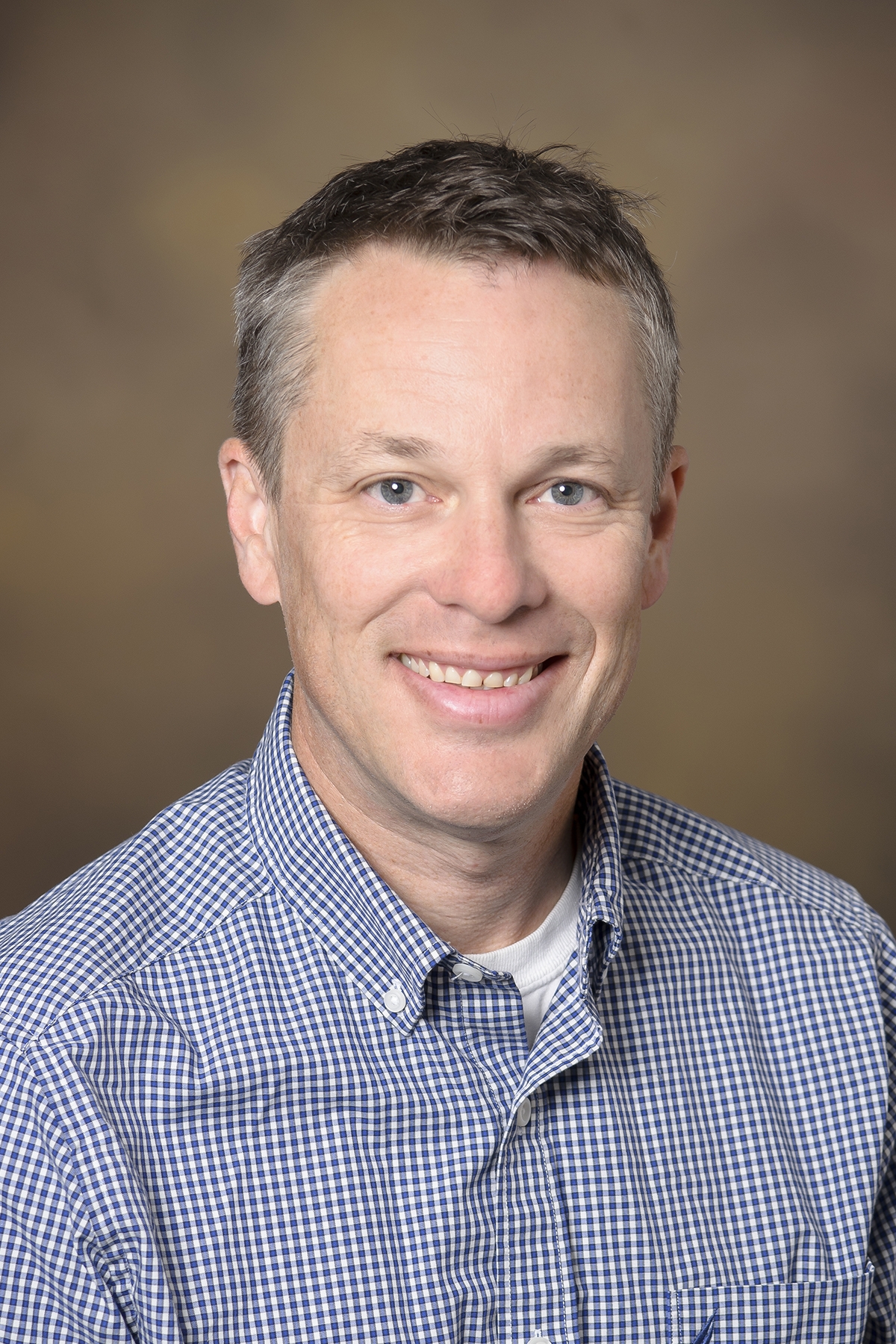 September is National Suicide Prevention Awareness Month—a time to share resources and stories to shed light on this highly stigmatized topic. The purpose of National Suicide Prevention Awareness Month is to reach out to those affected by suicide, raise awareness about suicide and connect individuals with suicidal thoughts to available resources. Dr. McWhinnie is a psychologist at the BUMC-S Child and Adolescent Psychiatry Clinic, he has spent years working with adolescents who have struggled with suicidal thoughts and actions. Dr. McWhinnie shares how suicide has affected his work and how society is taking steps to understand and prevent suicide.
September is National Suicide Prevention Awareness Month—a time to share resources and stories to shed light on this highly stigmatized topic. The purpose of National Suicide Prevention Awareness Month is to reach out to those affected by suicide, raise awareness about suicide and connect individuals with suicidal thoughts to available resources. Dr. McWhinnie is a psychologist at the BUMC-S Child and Adolescent Psychiatry Clinic, he has spent years working with adolescents who have struggled with suicidal thoughts and actions. Dr. McWhinnie shares how suicide has affected his work and how society is taking steps to understand and prevent suicide.
1. Why did you choose to become a child and adolescent psychologist?
Before I became a psychologist, I was a climbing guide and instructor. I worked with lots of kids and families who were dealing with various issues. Through climbing, I was able to work with doctors, social workers, community agencies, etc., and I got to see how they did therapeutic work. I had been working with kids and adolescents for a long time and decided I wanted to work with them in a different capacity.
2. How has suicide impacted you and your job?
Suicide is something that is a part of my job, almost routinely. I work with kids who have issues with suicidal thoughts and behaviors. My training is focused on how to help people with these thoughts and behaviors. I have worked with kids who have committed suicide, which is always in my head, and I have worked with kids who have emerged from it.
3. Suicide rates among adolescents and adults are rising, why do you think that is?
Suicide rates are rising. There are a lot of people trying to figure out why this is happening, but I don’t think there are any specific factors that we are aware of that have directly impacted the rise. There is a combination of cultural and larger sociological factors that are contributing, and there is stuff going on internally, especially with adolescents. Social media provides a greater awareness of what is going on with others and impacts how others feel in good ways and not so good ways. Unfortunately, we aren’t that close to understanding why and how to deal with it. There is a lot more attention on suicide than there has been ever before, there is more research, multimedia platforms, and we are talking about suicide in a much more open way, which is good and healthy.
4. How can society help prevent suicide?
The experiences related to mental health issues are much more common than most people think. There is often an impulse to not talk about mental health issues or act like everything is ok, that can be for fear of judgment or being stigmatized. Having a discussion in a proper way can help to normalize something that is difficult, so it seems manageable. Having a discussion in a practical, compassionate way, across settings (school, home, peers) must be done in an appropriate way, to allow people to know they are dealing with stuff that others are as well. We need to understand that everyone’s struggles are unique and knowing others are struggling is helpful. We need to collectively respond instead of just reacting, be thoughtful in our responses and help those struggling with suicidal thoughts to deal with their experience in an organized way.
5. What is one thing you wish our society knew about suicide?
So many people experience suicide one way or another, it is important for people to know that others deal with similar thoughts and feelings. Knowing that you aren’t the only one to feel this way can decompress or reduce the pressure you might feel and show you that you are not alone or a failure. The reality is that we are all going through something and sometimes our challenges last longer than we want, but things do change, and we can move away from the thoughts or feelings that have held us down and have an impact on our day-to-day life. Suicide is a permanent solution to a temporary problem, and I believe there is some truth to that, things may not change when we want them to or how we want them to but they do change.

